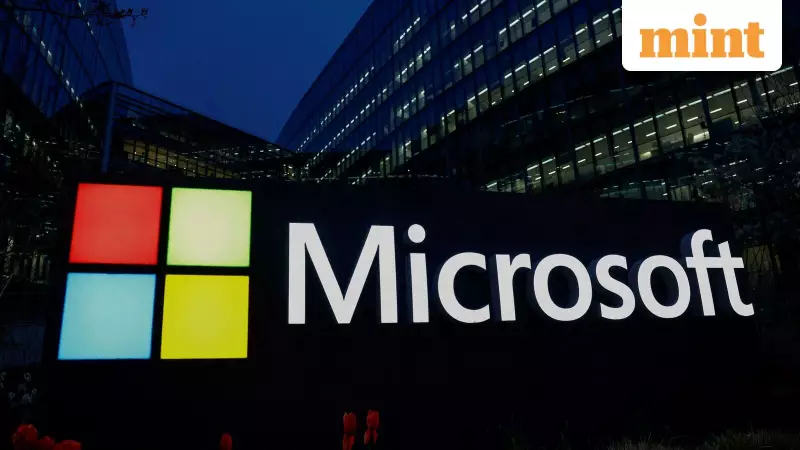
In a significant move toward democratizing artificial intelligence, Microsoft has unveiled Project Gecko, an ambitious initiative designed to create cost-effective and customizable AI systems for communities often overlooked by mainstream technology development.
Addressing the Global AI Divide
Microsoft acknowledges that while generative AI powers many cutting-edge tools, the technology often fails to perform adequately in numerous languages and doesn't reflect the social and cultural realities of diverse populations worldwide. Project Gecko specifically targets these limitations by focusing on equitable and inclusive AI development that serves the global majority.
Ashley Llorens, Corporate Vice President and Managing Director of Microsoft Research Accelerator, emphasized in an official blog post that building AI systems from the ground up, shaped by the knowledge, languages, and modalities of the global majority, yields more innovative, useful solutions for a great number of people. He described this approach as a crucial step toward adapting and deploying AI widely in low-resource settings.
How Project Gecko Works
Project Gecko represents Microsoft's comprehensive effort to construct AI systems that leverage local languages, culturally sensitive content, and multimodal engagement through text, voice, and video interfaces. The project brings together researchers from Microsoft Research Africa in Nairobi, Microsoft Research India, and the Microsoft Research Accelerator in the United States, collaborating with Digital Green, an organization focused on agricultural development.
The initiative has already produced a novel AI system called MMCTAgent (Multimodal Critical Thinking Agent Framework). This sophisticated framework analyzes inputs from speech, images, and videos to deliver relevant, context-aware responses. Microsoft explains that this system enhances experimental frontier models by supporting domain-specific tools that extend their capabilities.
Focus on Practical Applications in India and Kenya
Recognizing that many low-cost connected devices in the Global South lack the computing capacity to run large language models (LLMs), Project Gecko researchers are working extensively with Small Language Models (SLMs) that require less computational power.
The project's initial implementation centers on small farms in India and Kenya, with plans to expand into healthcare, education, and retail sectors in the future. This strategic focus acknowledges the specific challenges and opportunities present in these developing regions.
Microsoft has already demonstrated Project Gecko's practical impact through enhancements to FarmerChat, a speech-first AI assistant developed by Digital Green. The improved system enables farmers to submit queries using speech or text and receive actionable answers with step-by-step instructions delivered through text, voice, and relevant videos in their preferred language.
Field studies conducted in India and Kenya have shown significant improvements in response quality, usability, and user trust compared to state-of-the-art models, indicating the project's potential to genuinely transform how underserved communities interact with and benefit from artificial intelligence technology.





